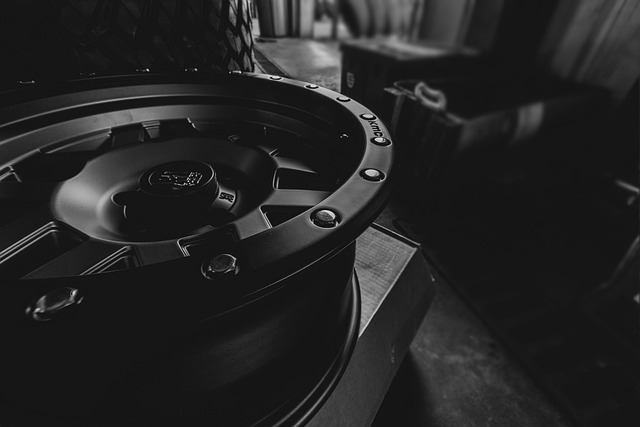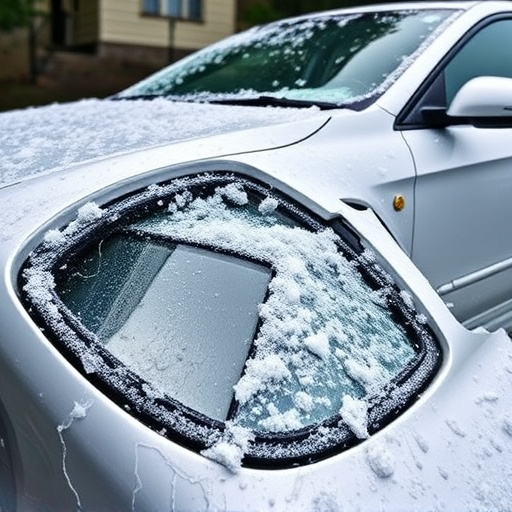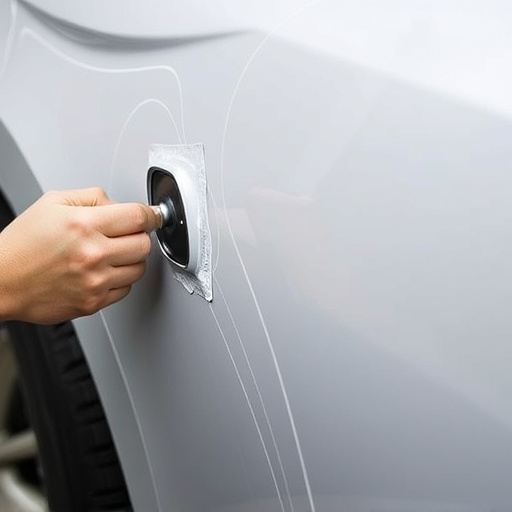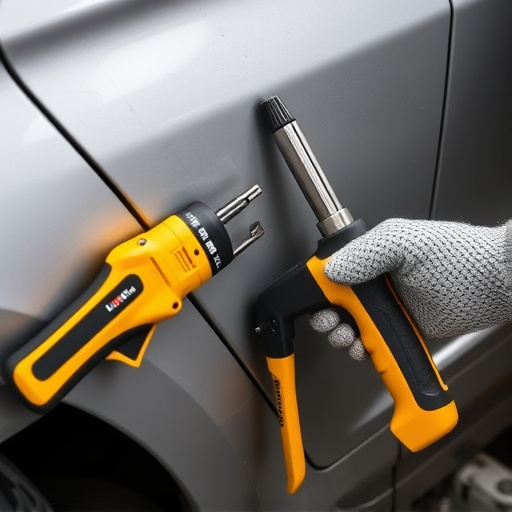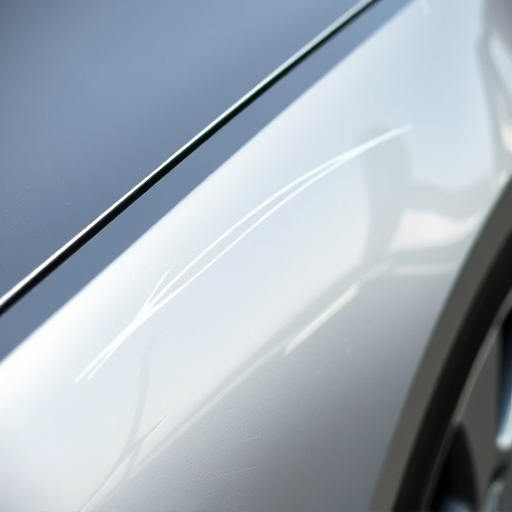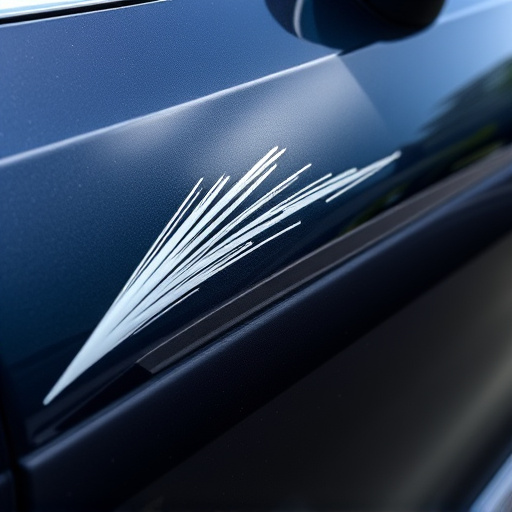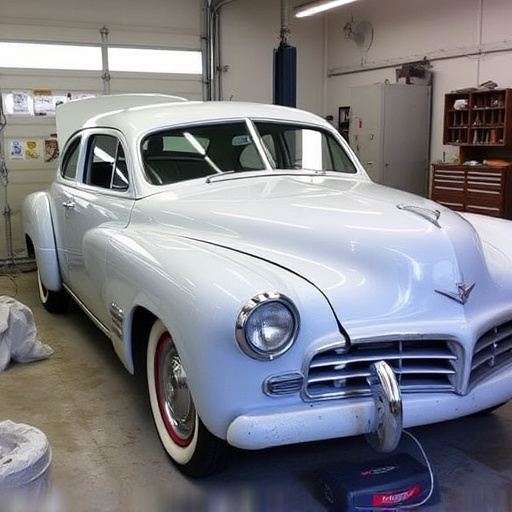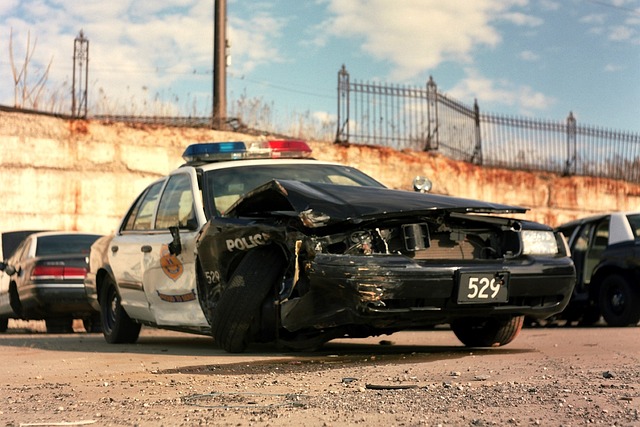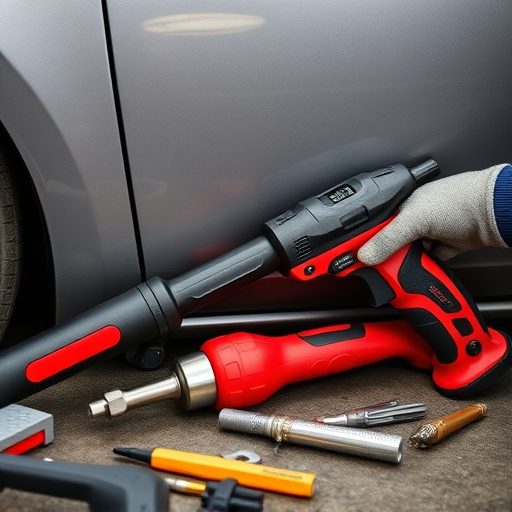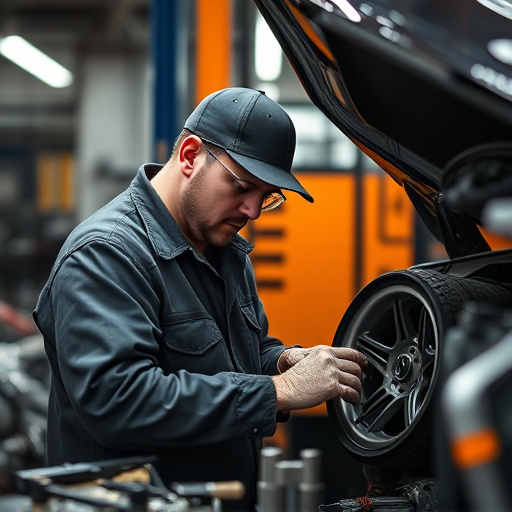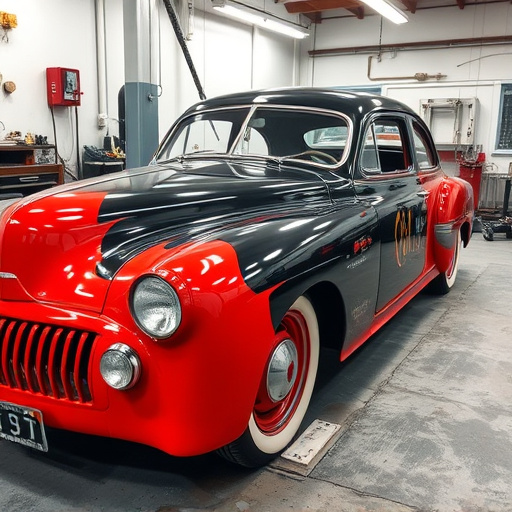Customer safety assurance is paramount for car restoration and collision repair businesses, extending beyond legal compliance. Key strategies include obtaining recognized certifications like ICAR, training technicians in latest practices, fostering open communication, and maintaining detailed documentation. Certifications from organizations like ISA or ISO validate adherence to stringent standards, driving continuous improvement through advanced training, modern equipment, and rigorous quality control. Strategic planning, measurable goals, a safety-focused culture, and ongoing adaptation ensure optimal customer outcomes and business performance.
In today’s competitive market, establishing customer safety assurance is paramount for businesses. This article explores the critical role of certifications in fostering trust and enhancing consumer confidence. We delve into how certifications serve as powerful tools, guaranteeing quality and reliability.
From understanding the foundation of customer safety to implementing effective strategies for continuous improvement, this guide offers insights essential for businesses aiming to excel in their industry while prioritizing customer well-being.
- Understanding Customer Safety Assurance: The Foundation of Trust
- Certifications as a Powerful Tool for Ensuring Quality and Reliability
- Strategies for Effective Implementation and Continuous Improvement
Understanding Customer Safety Assurance: The Foundation of Trust

Customer safety assurance is the cornerstone of any reputable business, especially those involved in services that directly impact the well-being and assets of their clients. In the context of car restoration or collision repair shops offering auto body work, this concept is paramount. It’s not just about fixing a damaged vehicle; it’s about restoring peace of mind for the customer, ensuring they can trust that their car will be handled with care and competence.
A robust customer safety assurance system involves more than meeting legal standards. It encompasses utilizing recognized certifications and adhering to industry best practices. For instance, ICAR (Industry Association for Automotive Career Standards) certification ensures technicians in a collision repair shop are up-to-date with the latest training, methodologies, and safety protocols. This, coupled with transparent communication about the repair process and clear documentation of each step, fosters trust and reassures customers that their vehicles are in capable hands.
Certifications as a Powerful Tool for Ensuring Quality and Reliability

Certifications serve as a powerful tool for ensuring quality and reliability in customer safety assurance, particularly within the automotive industry. They act as a third-party validation that a business adheres to specific standards and best practices in their operations. For instance, reputable certifications like ISA (International Safety Assessment) or ISO (International Organization for Standardization) certify auto collision centers’ ability to perform car damage repair with precision and safety, instilling confidence in customers.
These certifications aren’t just symbolic; they drive continuous improvement. Auto collision repair facilities that pursue and maintain these credentials often invest in advanced training programs, state-of-the-art equipment, and ongoing quality control measures. This commitment translates directly into enhanced customer satisfaction, knowing their vehicles are in capable hands, and reduced risks of further damage or safety issues during the repair process.
Strategies for Effective Implementation and Continuous Improvement
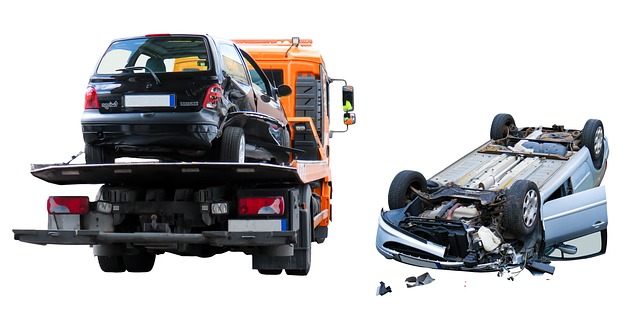
Implementing a robust customer safety assurance system requires strategic planning and continuous evolution. One effective strategy is to establish clear goals and metrics for measuring success. Organizations should define specific, measurable objectives related to customer satisfaction, incident reduction, and compliance with industry standards. Regularly reviewing and updating these goals ensures the program remains dynamic and responsive to changing needs.
Additionally, fostering a culture of safety and continuous improvement within the organization is vital. Encouraging open communication, providing comprehensive training, and promoting a problem-solving mindset among employees can significantly contribute to enhancing customer safety assurance. Regular workshops, feedback sessions, and performance reviews can help identify areas for improvement in processes such as vehicle collision repair, auto glass repair, and auto body restoration, ultimately leading to better outcomes for customers and the business.
Certifications play a pivotal role in establishing customer safety assurance by fostering trust, promoting quality, and driving continuous improvement. By adhering to recognized standards and best practices, businesses can demonstrate their commitment to delivering safe products and services, enhancing customer confidence, and solidifying market reputation. As the demand for reliable solutions increases, strategic implementation and ongoing assessment of certification programs are essential to stay ahead in the competitive landscape, ultimately ensuring customer satisfaction and loyalty.
